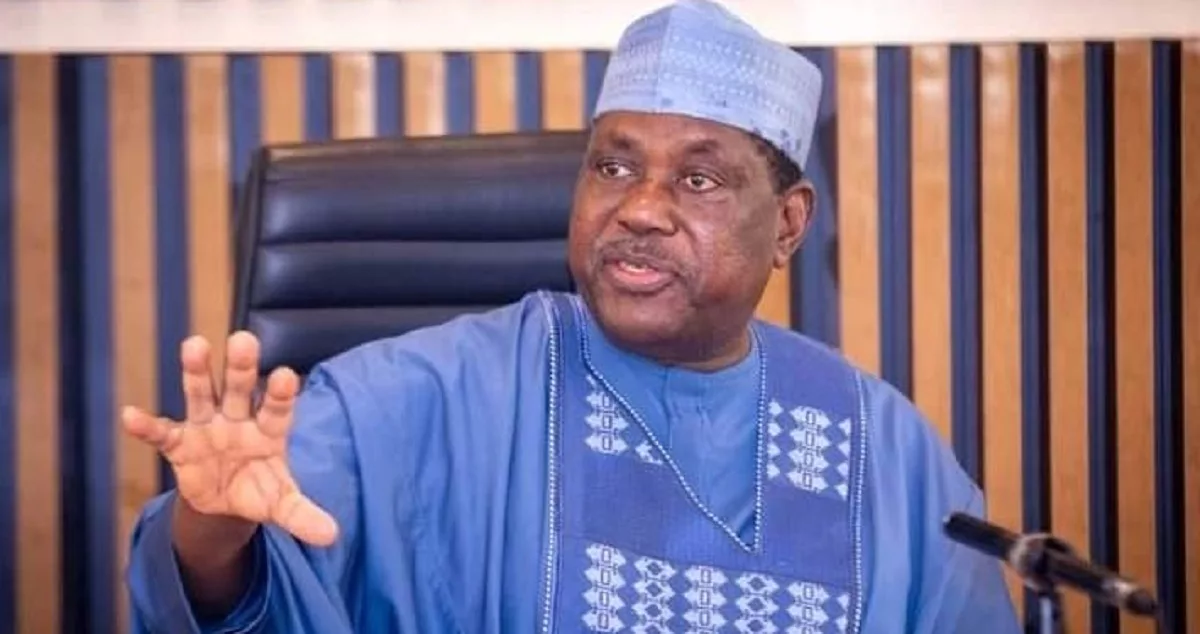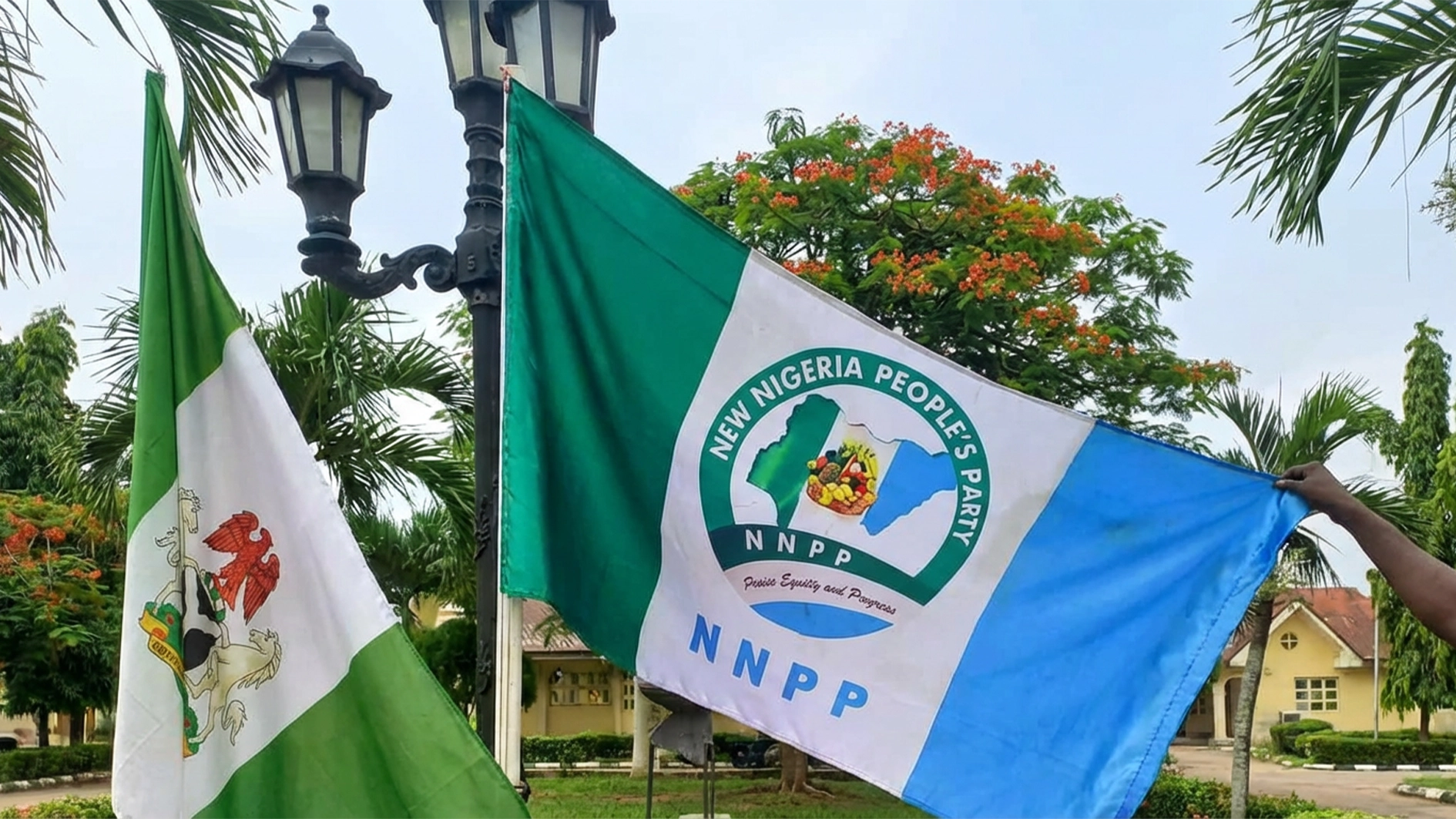More than 60 per cent of public primary school teachers in Nigeria lack basic digital literacy, the Executive Secretary of the Universal Basic Education Commission (UBEC), Aisha Garba, has said.
Garba stated this in Abuja at the closing ceremony of the first phase of the Nigeria–Korea Smart Education Project, which has delivered modern digital learning infrastructure, teacher training, and locally developed educational content to six states.
Garba recalled that when the initiative began in 2021, Nigeria faced daunting realities with over 10.1 million out-of-school children, 70 per cent of enrolled pupils lacking foundational skills, and more than 60 per cent of public school teachers without basic digital competence. She said these figures were seen not just as challenges but as opportunities to bridge the digital divide and empower educators.
The project, implemented by the Korea International Cooperation Agency (KOICA), in partnership with UBEC, targets schools in Kano, Bauchi, Nasarawa, Ekiti, Cross River, and the Federal Capital Territory (FCT).
In his remarks, the Minister of Budget and Economic Planning, Senator Abubakar Atiku Bagudu, noted that the relationship between Nigeria and the Republic of Korea had been respectful, mutually supportive, and committed to development despite global uncertainties.
“We share the vision that nations should relate respectfully, in a mutually supportive manner, with the understanding that humanity is one and shared prosperity is possible,” he said.
Bagudu expressed appreciation to KOICA for not only executing the Smart Education Project, but also for numerous other interventions in Nigeria.
Noting that KOICA’s development support extended beyond the Federal Capital Territory, benefiting other states across the country, he said it aligned with Nigeria’s federal structure, where education is a shared responsibility between the federal, state, and local governments.
Manager of the Project Management Consulting (PMC) company, UBION Consortium, Prof. Dae Joon Hwang, emphasised the importance of sustainability and called for greater parental and community involvement. He assured that the second phase, expected to expand the model to 37 smart schools nationwide, would begin soon.
According to the Country Director of KOICA, Eunsub Kim, the project uses a blended learning approach, shifting classrooms from teacher-centred to student-centred learning.
Represented by the agency’s Manager, David Nkwa, he noted that while the national curriculum remains the same, teaching methods and delivery are reimagined to boost learner engagement and outcomes.






